5 Alcohol Abuse Organisations for British Asians
Alcohol abuse organisations have had an influx of British Asians through their doors. Whilst some people are seeking help, this addiction is still shunned in Desi communities.
Alcohol addiction is a serious problem that affects many individuals across different cultures and ethnicities.
However, British Asians face unique challenges when it comes to seeking help for alcohol addiction.
Cultural stigmas, language barriers, and a lack of awareness about available resources can prevent them from accessing the help they need.
Here, we will explore the best organisations that are dedicated to helping British Asians with alcohol addiction.
BAC-IN
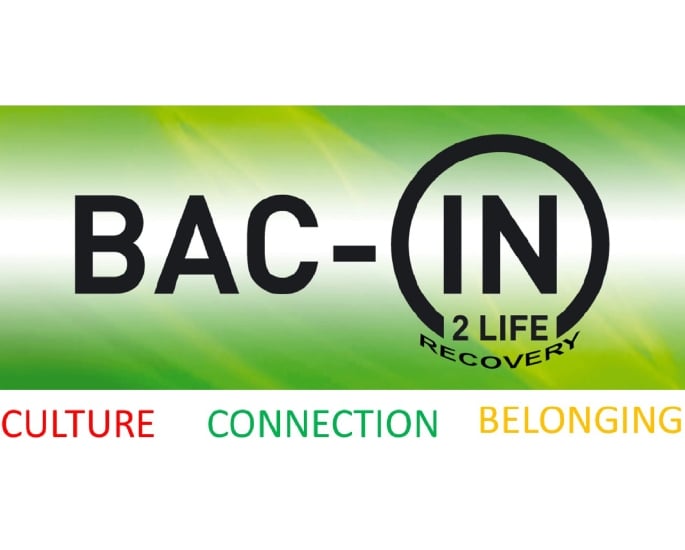

BAC-IN is a specialist drug and alcohol recovery service that aims to provide culturally sensitive support to individuals, families, and carers from ethnic communities.
It is a grass-roots organisation founded by individuals in recovery in 2003.
They provide a range of services, including 1:1 support, group work, person-centered counselling, recovery coaching, personal development, and specialist workshops.
BAC-IN’s approach is culturally sensitive, peer-led, adaptable, and inclusive, enabling individuals and families to receive help with addiction recovery, gambling, mental health, and well-being.
As one of the leading alcohol abuse organisations, their philosophy is built on lived experiences and cultural expertise.
In addition to its recovery services, BAC-IN also provides support for housing, employment, volunteering, and training, as well as referrals to detox and rehabilitation services.
Helpline: 0115 9524333
KIKIT
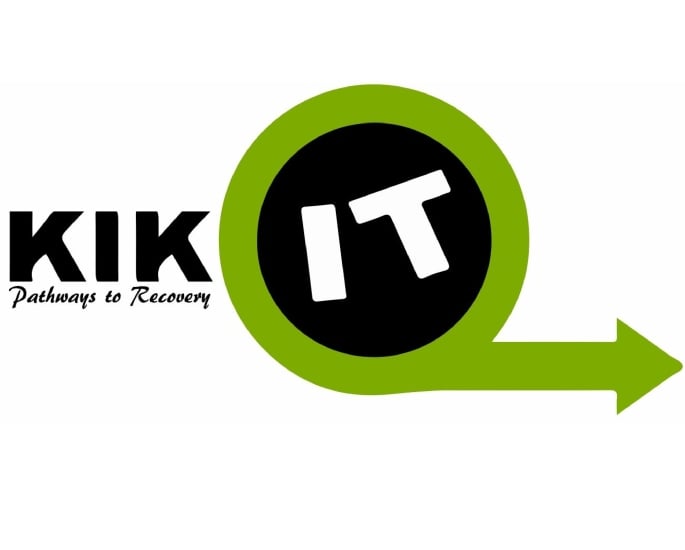

KIKIT supports the health and social care needs of hard-to-reach and marginalised communities, particularly black and South Asian groups.
While their primary focus is on BAME communities, they welcome anyone who needs help, regardless of their background.
KIKIT offers innovative community-based activities and structured treatment programs to guide, mentor, and support individuals.
They attend to people with issues such as substance misuse, health and social well-being, and community safety.
Their aim is to improve health and well-being and motivate people to find effective pathways to recovery.
This is to enable them to contribute positively to their communities and society and lead independent, healthy, and productive lives.
KIKIT uses its expertise in cultural dialogue to overcome the challenges of addiction and offer specialist recovery programs that reflect cultural sensitivities.
Helpline: 0121 448 3883
No More Pretending
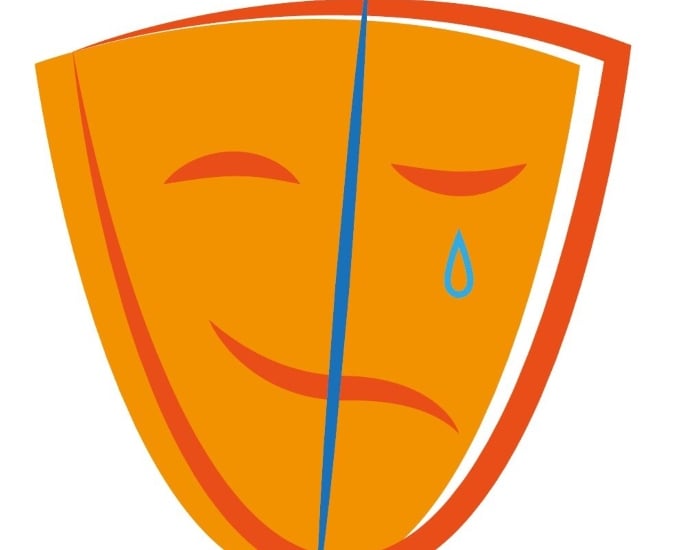

No More Pretending is a project by Sab Ke Seva | Service for All, a non-profit organisation that aims to provide support and signposting for Punjabi families struggling with alcohol use.
The project focuses on reshaping attitudes toward alcohol dependence.
They want to connect Punjabi communities with recovery services.
The goal is to create a future where communities, families, and individuals have access to culturally relevant services and resources that cater to their unique situations.
Through empathy and compassion, No More Pretending aims to create lasting positive change for those impacted by alcohol dependence and remove barriers to recovery.
It is one of the best alcohol abuse organisations to help guide those within the South Asian community.
Muslim Women’s Network
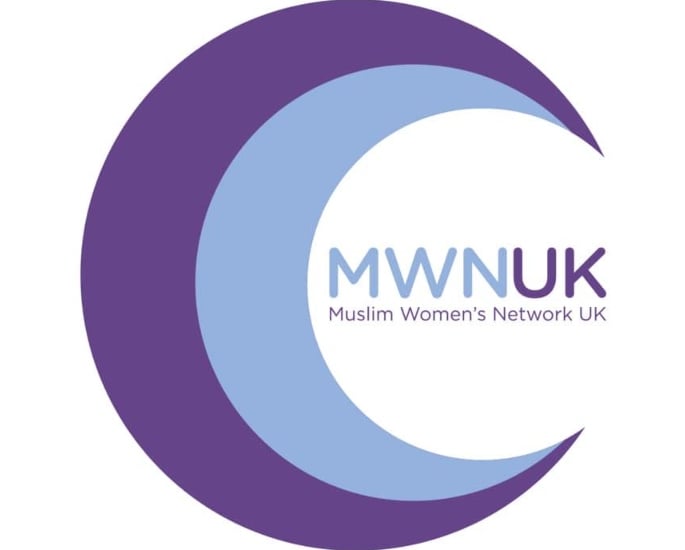

The Muslim Women’s Network (MWN) is a confidential and non-judgmental service that offers support, guidance, referrals, and information.
It is a specialist, faith, and culturally sensitive service that provides holistic in-depth support for complex cases that may require ongoing support for weeks or months.
The MWN helpline acts as an interface between victims and other specialists who can offer additional support.
Although the primary service users are Muslim women and girls, men (5% of callers) and women of other faiths and no faith (4% of callers) can also receive support.
The helpline covers about 43 issues, including alcohol addiction among women.
According to the Women’s Aid website, almost half of Asian women seeking treatment for alcohol misuse are experiencing domestic violence.
Also, abusive partners use alcohol to control their wives e.g. grooming and sexual exploitation.
Therefore, the MWN is doing tremendous work to help those in the most fragile circumstances.
Helpline: 0800 999 5786
Sikh Recovery Network
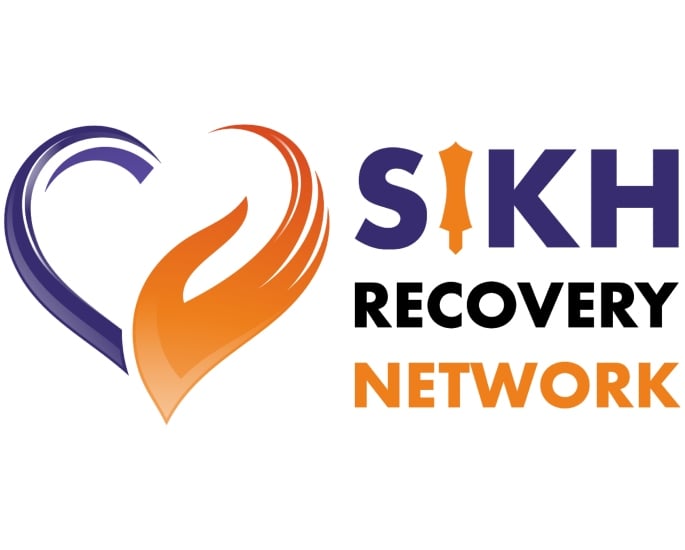

The Sikh Recovery Network is one of the leading alcohol abuse organisations due to its network of recovery services that are struggling to cope.
Jaz Rai, the founder and chairperson of the charity regularly talks about addiction and the importance to address this in the Sikh community. He has previously stated:
“All I have ever wanted to do is to try and help others who have and are going through the same issues I did.”
The Sikh Recovery Network urge those who are struggling to reach out.
All of their interactions are confidential and anonymous and they try their best to provide a foundation of support.
Helpline: 0333 0064414
Alcohol addiction can have a devastating impact on individuals and their families.
It is important to seek help as soon as possible if you or someone you know is struggling with alcohol addiction.
The alcohol abuse organisations mentioned in this article are dedicated to helping British Asians overcome their addiction in a culturally sensitive and supportive environment.
By seeking help from these organisations, individuals can take the first step towards a healthier and happier life.
If you or know anyone experiencing alcohol addiction, you are not alone. Reach out for support to the helplines above.